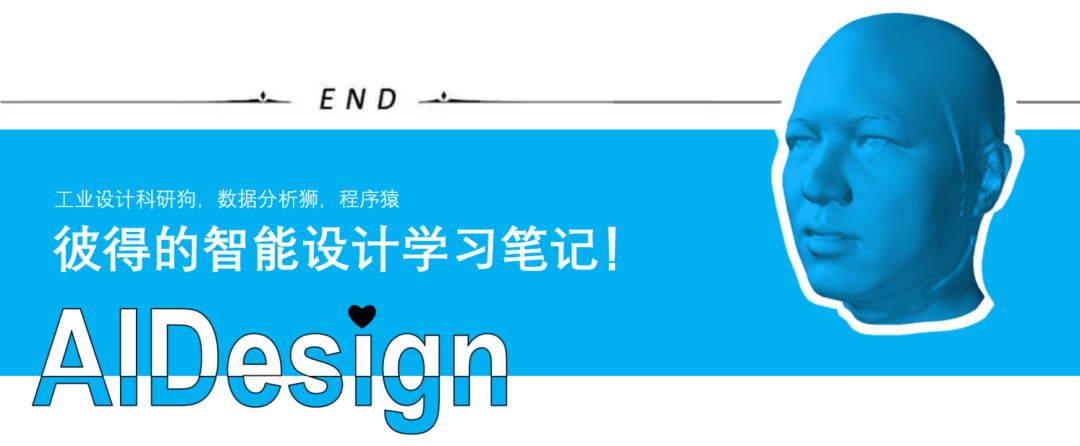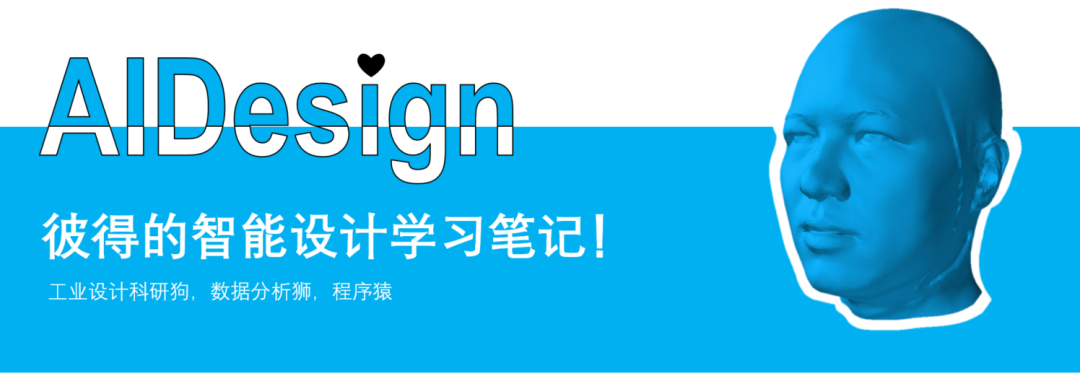
Article Title:How Does Aesthetic Design Affect Continuance Intention in In-vehicle Infotainment Systems? An Exploratory Study
Journal:International Journal of Human – Computer Interaction
(JCR Q1)
Authors:Qianling Jiang, Liyuan Deng*, Jie Zhang*
Address:https://doi.org/10.1080/10447318.2023.2301253
Collaborating Universities: Jiangnan University School of Design, The Hong Kong Polytechnic University Department of Electronic and Information Engineering, The Hong Kong Polytechnic University School of Design
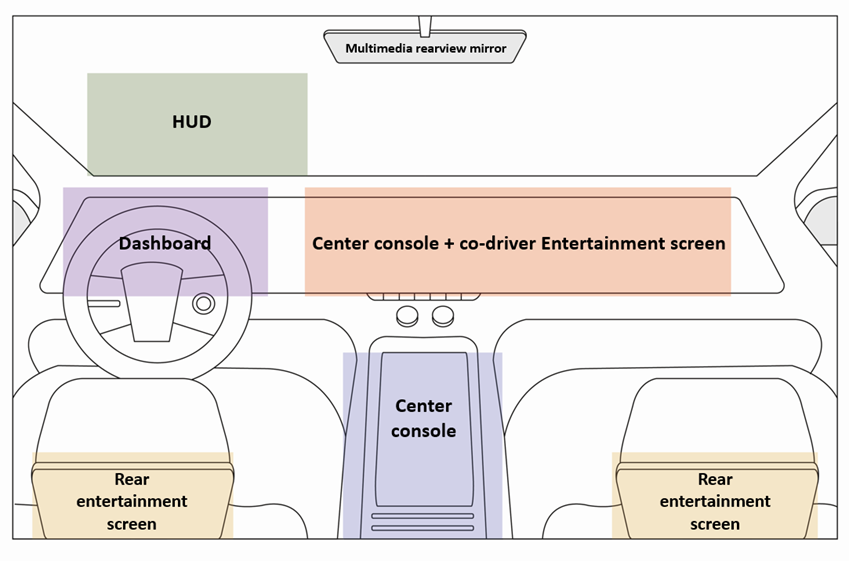 Typical in-vehicle display allocation. HUD:Head-Up Display.
Typical in-vehicle display allocation. HUD:Head-Up Display.
Article Summary
With the digitization of automobile cockpits, in-vehicle entertainment systems play an increasingly critical role in vehicles. This study aims to understand how the aesthetic design of in-vehicle entertainment system interfaces affects users’ continuance intention towards these systems. Through a literature review, a theoretical model comprising seven potential variables was constructed: simplicity, richness, diversity, craftsmanship, functional value, emotional value, and continuance intention. Analysis of 243 valid questionnaires indicated that functional and emotional values play a key mediating role in encouraging users to continue using in-vehicle entertainment systems, with functional quality being a core element. Additionally, simplicity, diversity, and craftsmanship indirectly influence continuance intention by affecting functional and emotional values. These findings emphasize that future designers of in-vehicle entertainment systems need to focus on interface functionality and emotional needs while ensuring content is concise, engaging, user-friendly, and visually refined to enhance user experience and promote continuance intention.
 In-vehicle entertainment interfaces with varying levels of simplicity. (a) Simple visual presentation. (b) Complex visual presentation.
In-vehicle entertainment interfaces with varying levels of simplicity. (a) Simple visual presentation. (b) Complex visual presentation.
 In-vehicle entertainment interfaces with different color themes. (a) Multiple colors. (b) Single color.
In-vehicle entertainment interfaces with different color themes. (a) Multiple colors. (b) Single color.
 In-vehicle entertainment interface (a) without floating window mode / (b) with floating window mode.
In-vehicle entertainment interface (a) without floating window mode / (b) with floating window mode.
 In-vehicle entertainment interface with varying levels of craftsmanship. (a) Sport style. (b) Conventional style.
In-vehicle entertainment interface with varying levels of craftsmanship. (a) Sport style. (b) Conventional style.
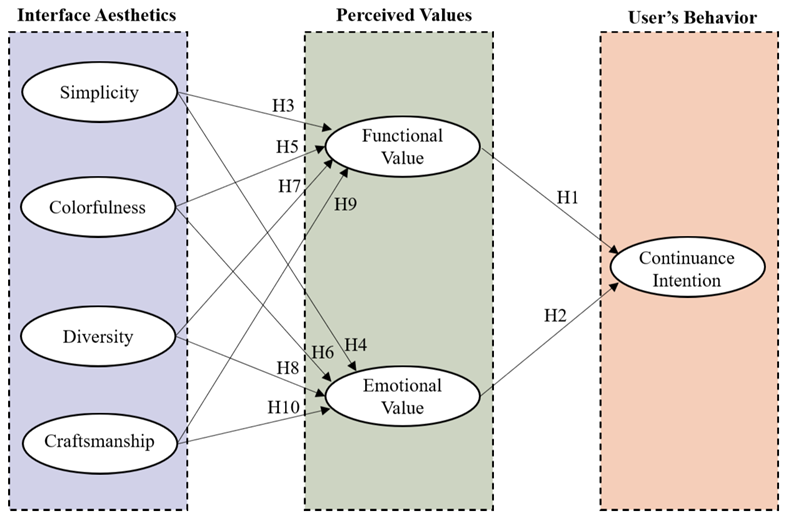
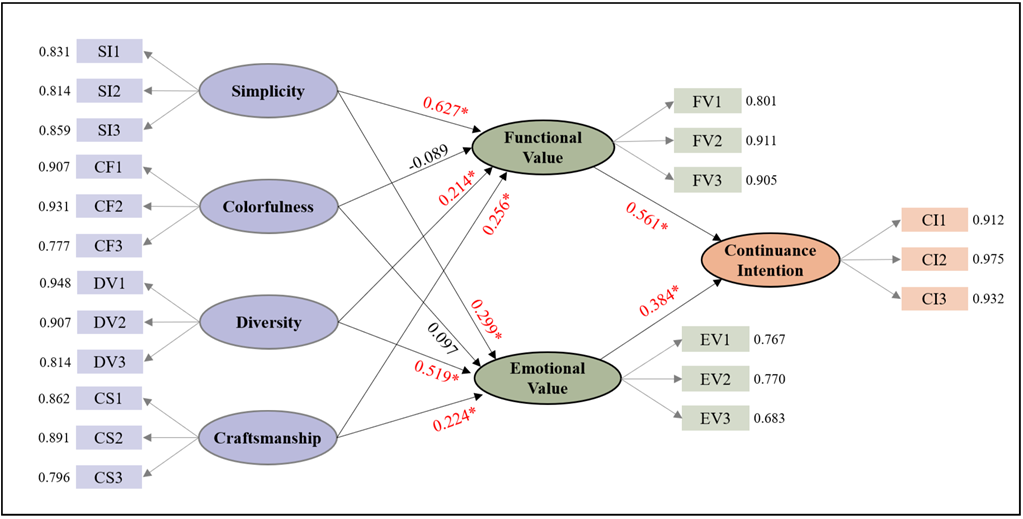
Path analysis results of the model. It is noteworthy that all hypotheses were supported except for H5 and H6.
PS:This article was translated into English using ChatGPT. If there are any issues with the expression, please refer to the original text.
